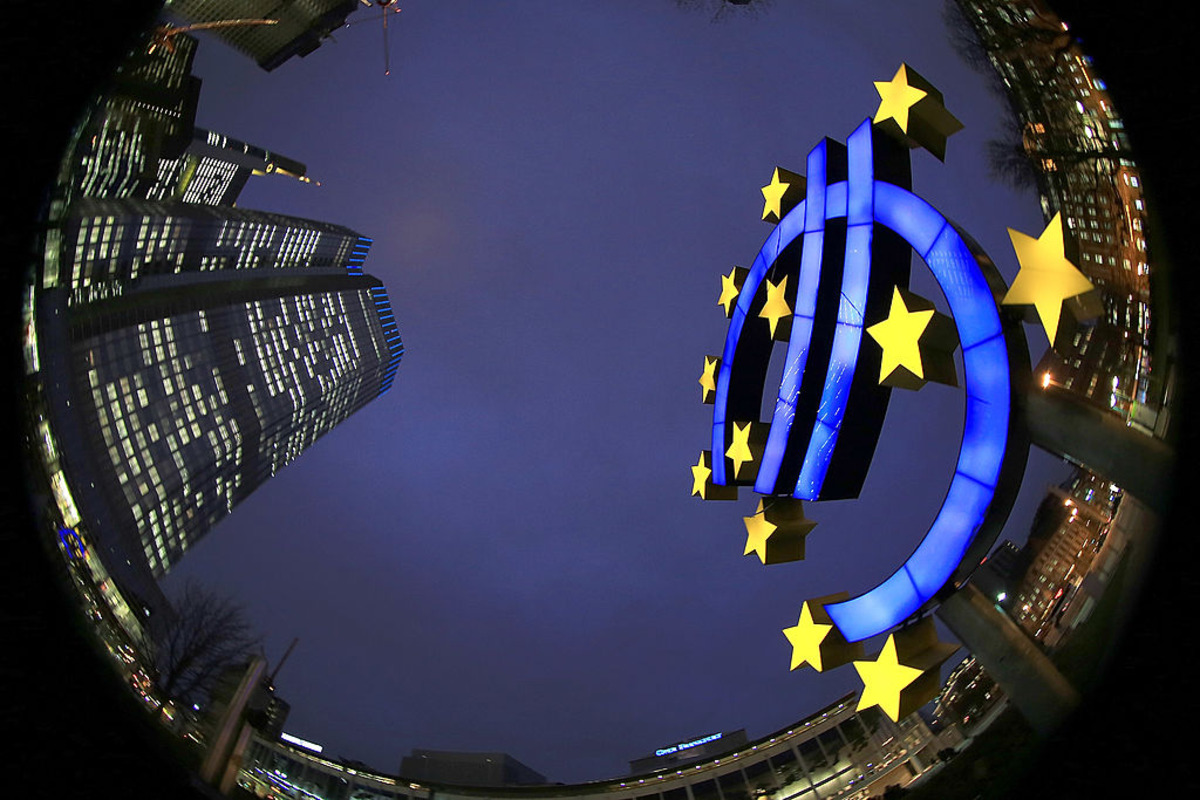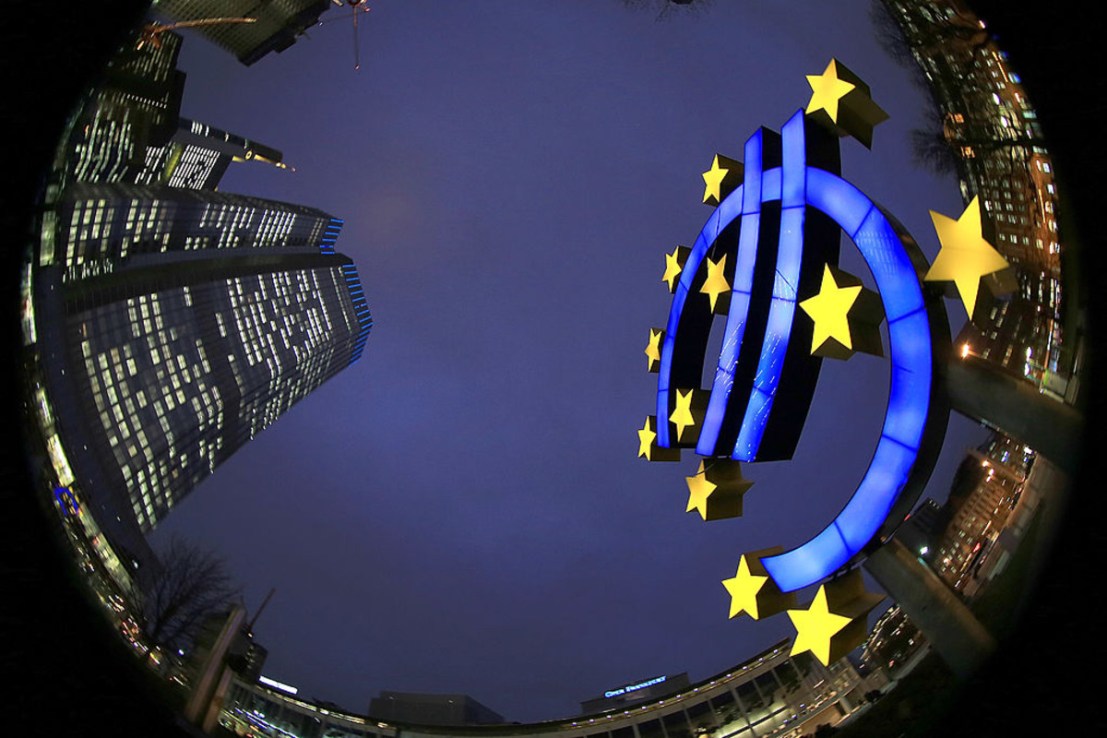Eurozone inflation rises faster than expected in October
New 'flash' figures from Eurostat showed that inflation rose back up to 2.0 per cent, rising from 1.7 per cent in September and slightly higher than markets had expected.


Eurozone inflation increased at a slightly faster pace than economists had expected in October due to a rebound in food and drinks prices.
New ‘flash‘ figures from Eurostat showed that inflation rose back up to 2.0 per cent, rising from 1.7 per cent in September and slightly higher than markets had expected.
The release showed that the annual rate of food, alcohol and tobacco inflation accelerated to 2.9 per cent, up from 2.4 per cent previously, after a 0.7 per cent month-on-month increase.
Services inflation, which has become a crucial metric for central bankers, remained stuck at 3.9 per cent. Energy prices continued to be downward drag on the headline rate.
New unemployment data was also published this morning, showing a surprise drop in the rate of joblessness to 6.3 per cent. This means unemployment across the eurozone remains at record lows.
Coming a day after surprisingly strong growth figures, the figures make it less likely that the European Central Bank (ECB) will accelerate the pace of rate cuts in the months ahead.
At the ECB’s last meeting, officials had flagged concerns about the eurozone’s weak economic performance while noting continued progress on inflation.
This suggested that rate-setters were more concerned by the bloc’s sluggish growth prospects than any inflationary upsurge. In response, traders placed bets that the ECB would back a 50 basis point cut in December.
However, yesterday’s GDP figures showed that the eurozone grew 0.4 per cent in the three months to September, twice as fast as economists had expected.
With stronger growth, higher inflation and low unemployment, analysts said that the ECB was unlikely to back a larger cut.
Kyle Chapman, FX markets analysts at Ballinger Group, said the figures “wipe out” changes of a 50 basis point cuts while while economists at Pantheon Macroeconomics said the data was a “big blow” to hopes for a larger cut.
Still, the increase in inflation will not prevent the ECB from cutting rates.
Neil Birrell, chief investment officer at Premier Miton Investors, said “gradual rate cuts would make sense”.



